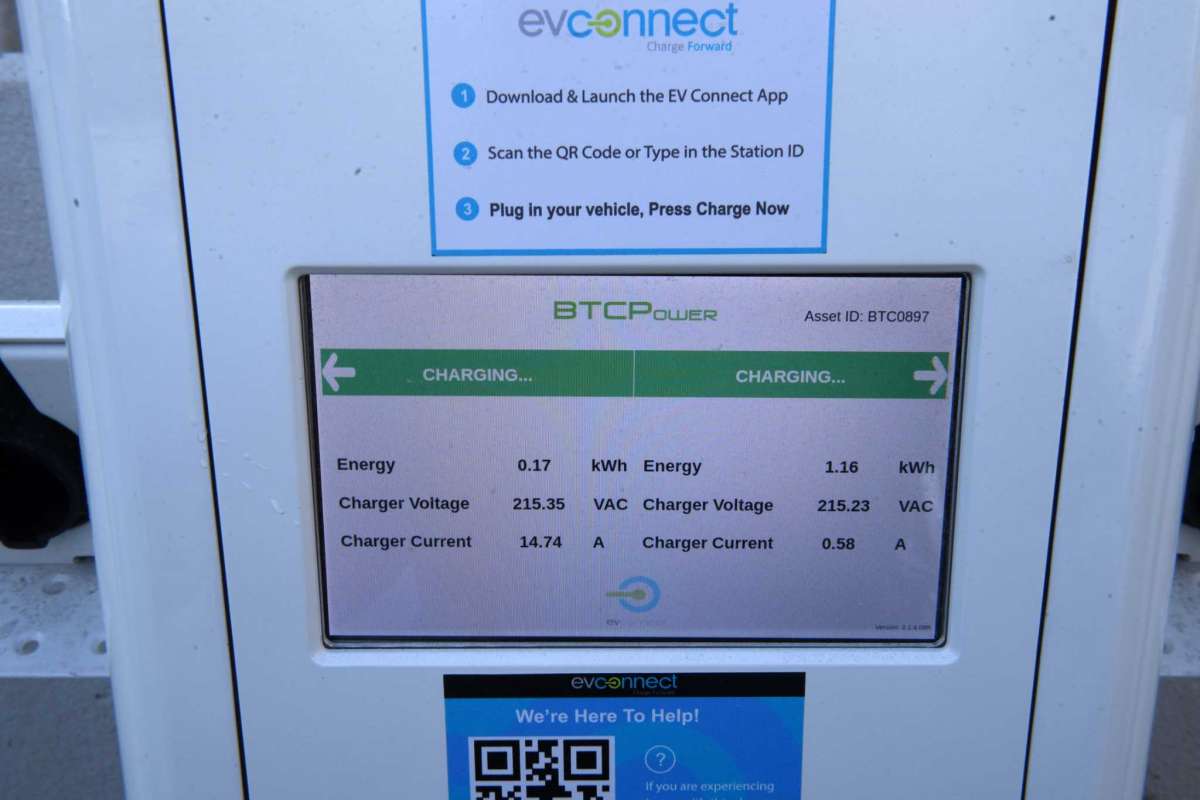
FILE. Letter writer says, ‘Stewart’s, other convenience stores and any other businesses that have invested heavily in fossil fuel infrastructure in recent years have not been reading the writing that is on the wall, getting bigger and bolder every year: Fossil fuels are on their way out.’ (Will Waldron/Times Union)
Will Waldron
Stewart’s Shops seems to be concerned about its investment in supplying its customers with petroleum products but seems to be ignoring the environmental crisis we are in if we don’t wean ourselves from these products (“Gas-focused Stewart’s has issues with state bill,” May 25).
The New York Association of Convenience Stores, of which Stewart’s is a member, has two particular misconceptions in its letter opposing the already passed bill that mandates zero-emission cars only be sold in New York starting in 2035: the affordability of electric vehicles and the public’s adoption of them. Electric cars are not out of the price range of the average consumer. Several factors make driving an electric vehicle competitive: federal, state and dealer incentives reduce the price; savings realized in paying for electricity instead of gasoline are significant; maintenance costs are lower overall; and flexible leasing arrangements bring down monthly costs.
Stewart’s seems to think the lack of use of its charging stations is some indicator of the vehicles’ popularity. Most Stewart’s customers with electric vehicles are probably locals who are able to charge at home and have no need for a local charging station. It is long-distance drivers who would need to charge away from their homes. Locals usually drive within their electric vehicle’s battery range. Further, Tesla super-charging stations are useful only to Tesla drivers.
Stewart’s, other convenience stores and any other businesses that have invested heavily in fossil fuel infrastructure in recent years have not been reading the writing that is on the wall, getting bigger and bolder every year: Fossil fuels are on their way out.
Russell Pokorny
Knox
Member, Solarize Albany






